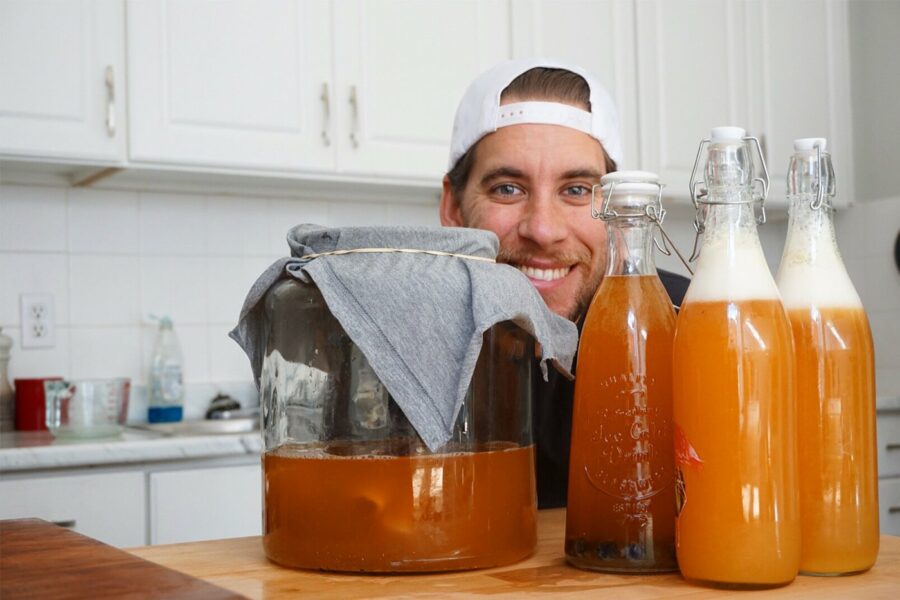
Meet Hamilton’s vegan chef, Fraser Fitzgerald
- Ayolt de Roos
- 16 Oct 2019
Over the past few years Fraser Fitzgerald has built a rather impressive résumé for himself. After deciding that his corporate career in renewable energy was not giving him enough fulfilment, he turned to his passion for cooking and hit the ground running.
Through culinary school, various positions in a number of kitchens, and as an instructor, Fraser has now touched down in Hamilton, where his next chapter awaits him: teaching people about cooking, food, and nutrition full-time.
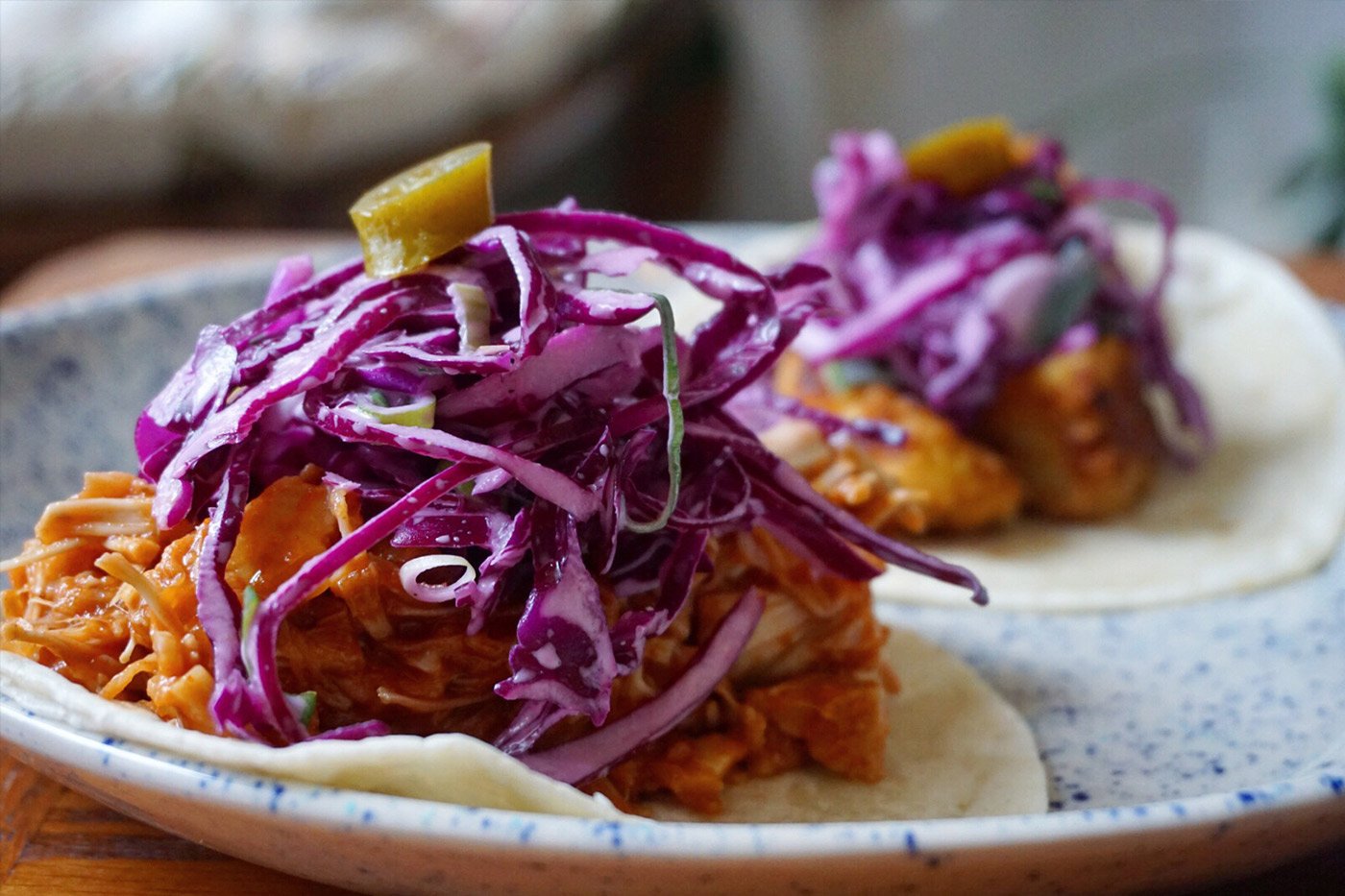
A seasoned veteran
Fraser’s résumé already reads like he’s been around in the culinary business for quite a while. He holds a degree in Culinary Management and Nutrition and a Vegetarian Culinary Art Certificate, both from George Brown College in Toronto. He has worked as Menu and Product Developer for Grasshopper Restaurant (Toronto), Line Cook at Fresh on Bloor (Toronto), Head Chef at The Nook (Halifax), and Kitchen Manager at Dundurn Market (346 Dundurn St S, Hamilton). And if that wasn’t enough, he also has a side hustle as an instructor with President’s Choice.
The latter role is what got Fraser interested in teaching, but it was at Dundurn Market that this career really took off. As the store closed at 6 pm, management gave him the opportunity to use their kitchen to teach classes in the evening. These turned out to be really popular, exceeding the expectations Fraser had set for himself.
Pursuing opportunities to expand his reach, Fraser teamed up with Goodness Me! Natural Food Market (multiple locations throughout the Hamilton area) in June. He continued to teach classes in their kitchen and, due to the high demand, was asked to teach there as often as he could. It was at this moment that he thought to himself, for the first time, “This could perhaps become a full-time job…”
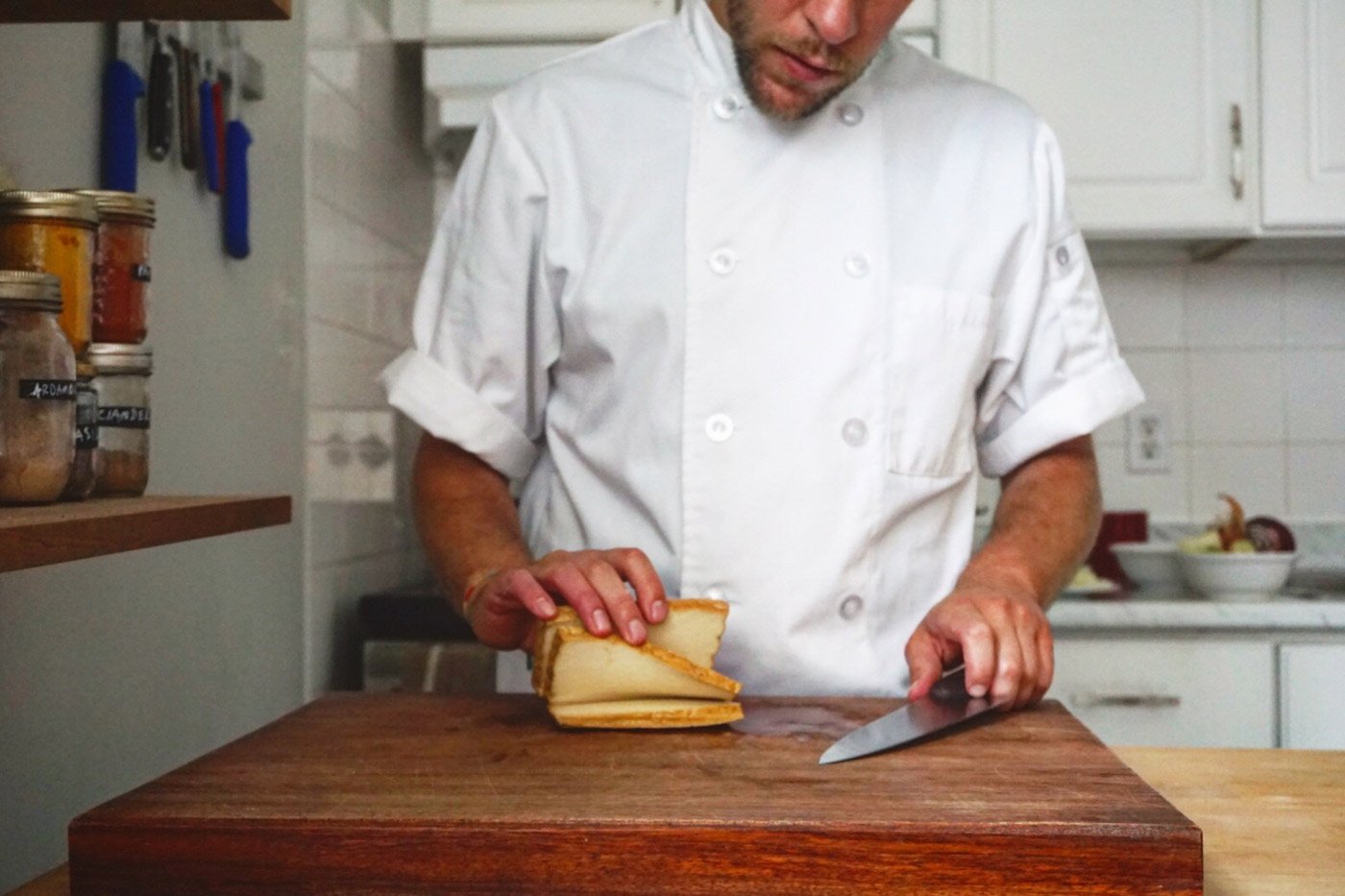
Starting with the fundamentals
Over the past few months, Fraser has partnered up with various Hamiltonian kitchens and expanded his curriculum. All of the classes he teaches have one common denominator: the basics are key.
You will not walk out of the classroom with the recipe of a single showstopper dish in your pocket. Nor will you learn fancy risotto or a difficult soufflé to whip up every time you want to impress your friends or in-laws. No, what you will walk away with is much more fundamental. As Fraser puts it, “Teaching people the basics of cooking makes them stoked to cook in the longer run.”
Take his knife skills class for example. Here you will learn how to hold a knife properly and optimize your cutting skills. “Such a class is instrumental. Imagine if writing took up a lot of your time and one person comes up to you and says ‘you could also hold the pen like this’ and all of a sudden you save time and energy while writing. That’s what I set out to do with cutting,” claims Fraser.
One of the best pieces of advice Fraser gives comes straight from his knife skills class: make sure your knife is comfortable in your hand. As the chef puts it nicely, “If you don’t like holding the knife, you’re going to be reluctant to pick it up every day.”
For Fraser, it’s all about taking away barriers (like not feeling comfortable with a knife) that prevent people from stepping into the kitchen and cooking up something homemade for themselves. “Cooking is not as difficult as people sometimes make it out to be. It can be time consuming, sure, but you just have to set yourself up for that. And mastering the basics, like using a knife properly, can make it so much easier.”
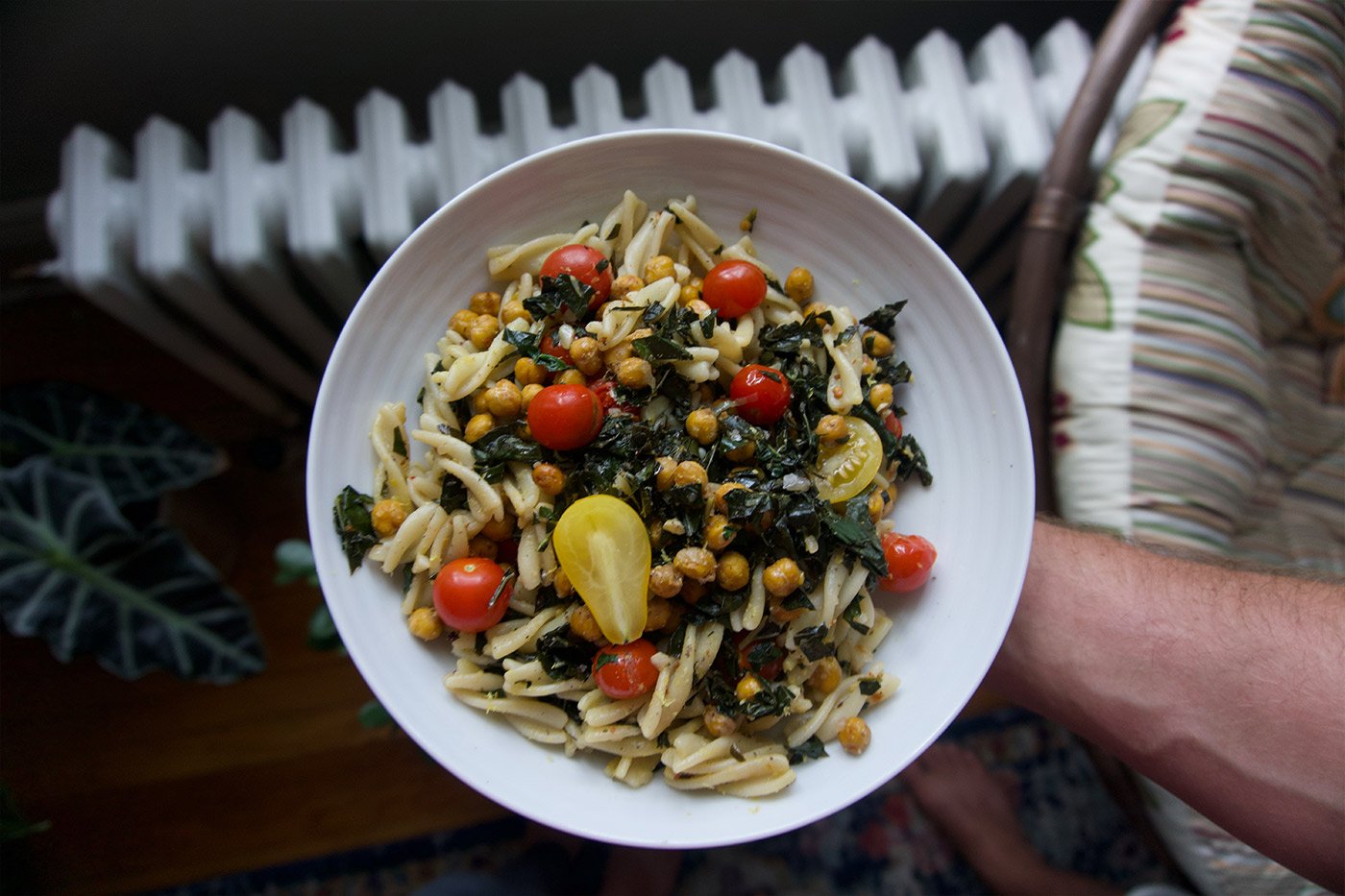
Strong focus on nutrition
Obviously, Fraser wants to help his students in making tasty food for themselves. However, in his classes he is more focused on nutrition than simply taste. “Tasty food is easy: just add butter and salt. That will always do the trick, but it’s less nutritious.” How to make things tasty and nutritious at the same time is the real challenge he wants to tackle.
Something that sparked this focus on nutrition was undoubtedly the fact that Fraser decided to become a vegetarian about 10 years ago. His parents had always made sure that he was involved in the cooking at home, but not being able to eat what the rest of the family was having forced him to start thinking about his own meals a lot more. Slowly but surely his eyes were opened and he realized that there is so much you can do with vegetables.
Fraser began practicing veganism these past three years, which has been even more of a creative outlet for him. “Limiting is the wrong word, but by becoming a vegan you’re taking things away that make food taste good rather easily. Like cream or butter.” You have to think of new and different ways to make a flavorful and nutritious meal, which is what Fraser teaches in his classes, all of which have a vegan element to them.
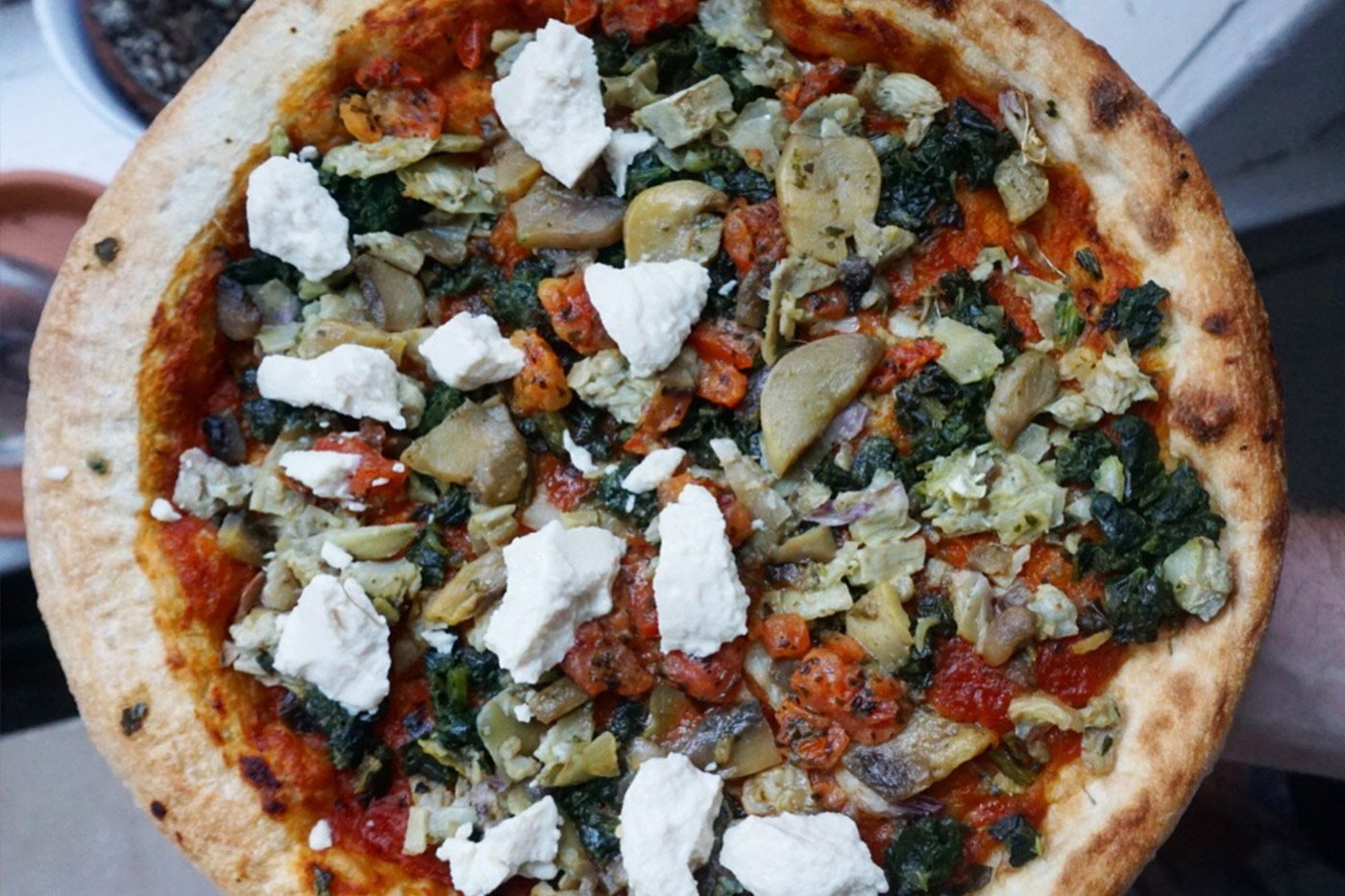
The future is vegan
Down the road, Fraser would love to have his own kitchen space, which he can treat like a culinary school. He would have other people from the industry come in and teach a wide variety of courses. “Hamilton has a vibrant culinary scene, with more than enough interesting people to invite over.”
However, what he feels would be even better is to create a plant-based and vegan curriculum. Culinary schools all over the country could offer this to students, giving them the opportunity to obtain their culinary degree, with a vegan focus.
This would be completely different than the education Fraser got at George Brown College, where his degree only included one vegan course in total. “It was a great class, but it was shocking that the whole program didn’t talk about how to cook beans properly or how to prepare tofu.” He feels like the reason for this comes from the schools not seeing the added value of such courses (yet). “They are preparing their students for life in the kitchen and at this moment they assume that doesn’t require any specific vegan knowledge,” Fraser explains.
Fraser’s diploma could fill a real void he feels. “Nobody is denying that vegan food is a major trend, so the new talent entering the kitchens should be able to answer to that need.” The different way to approach vegan cooking compared to non-vegan cooking is that a much more creative approach is required. “You can’t just grab cheese and use it, often times you have to make it yourself to start with.” Fraser believes that just teaching people such techniques and giving them these creative options can help them in the long-run, regardless of whether they end up working in a vegan kitchen or not.
Focus on teaching (for now)
Until the day comes that he launches a new diploma, Fraser will continue to focus on teaching. He will continue to optimize his curriculum, which also sometimes means killing your darlings. Take his kombucha class for example, one of his most popular ones: “It has reached a point at which the people that are interested in kombucha have already taken a class and there are not a lot of repeat customers. For now it has run its course, but I will likely bring it back in the summer.”
One class that he thinks will not be outdated anytime soon is his vegan cheese class. “The main attraction of this class is that most people think it’s super difficult to make vegan cheese and they are curious to find out more. I show them that it really isn’t that hard, as all my cheese recipes are very straightforward.”
I would recommend you to have a look at Fraser’s website and browse the other classes he teaches. Vegan tacos, game day snacks, nut mylk; there is something there for all interests, regardless of your kitchen skills or food preferences.
Classic vegan fondue
Straight from one of Fraser’s vegan cheese classes, the chef was happy to share this popular dish with Urbanicity readers. Give it a try and tag #urbanicity before chowing down!
Ingredients:
2 cups raw cashews
1 garlic clove
½ tsp mustard powder
1/8 tsp nutmeg
1 tsp onion powder
½ tsp white pepper
1 tsp sea salt
1 tbsp nutritional yeast
1 tbsp white miso paste
¼ cup refined coconut oil
¼ cup corn starch
1 ½ cup hot water
1 tbsp white wine vinegar
Directions:
1. Except for white wine vinegar, place all ingredients in a blender.
2. Blend on medium speed for about 30 seconds. Increase to high speed and blend for another 90 seconds.
3. Place the mixture in a small saucepan and heat through, stirring constantly. Keep the heat on low. If you heat the cheese too fast, it will become lumpy. If this happens, turn off the flame and whisk the mixture until smooth, then begin again. The cheese is done when it starts to pull clean from the edge of the pan as you stir.
4. Turn off the heat, fold in the white wine vinegar. Add a pinch of extra salt for taste.
5. Pour your vegan cheese into a serving dish. Serve with skewered fresh fruit, vegetables, crackers, or fresh baked bread.
Comments 0
There are no comments
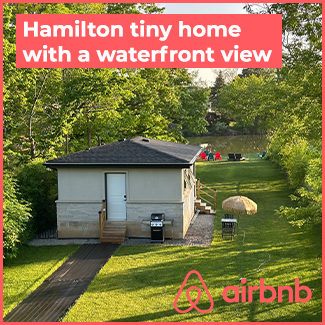
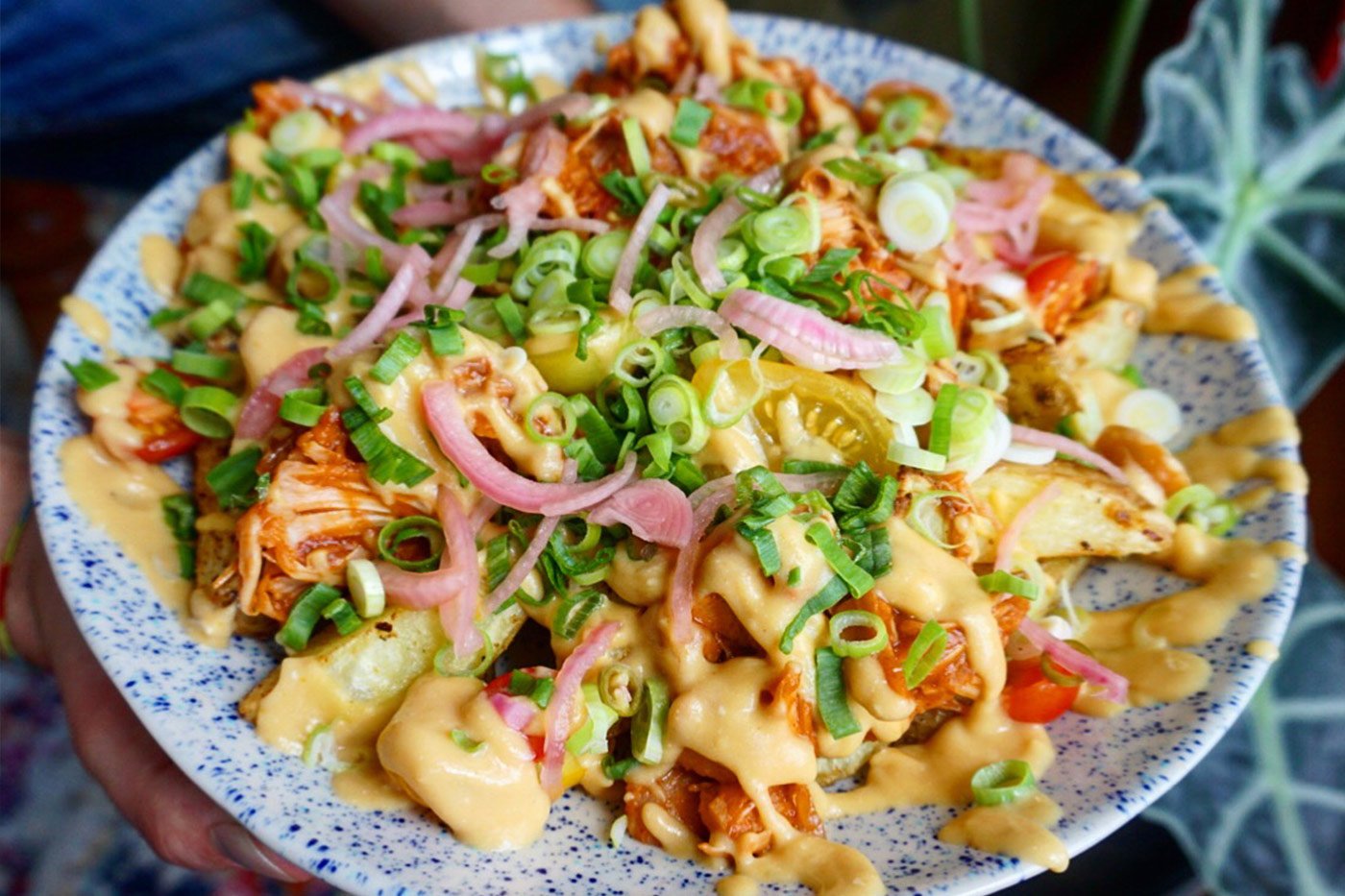

Add comment